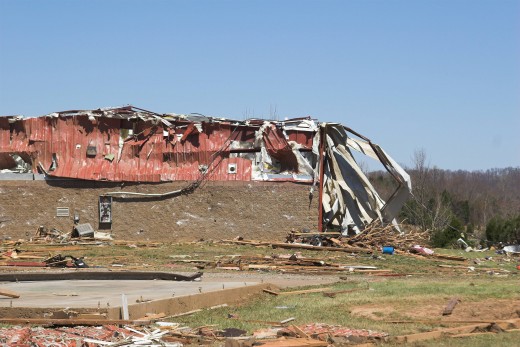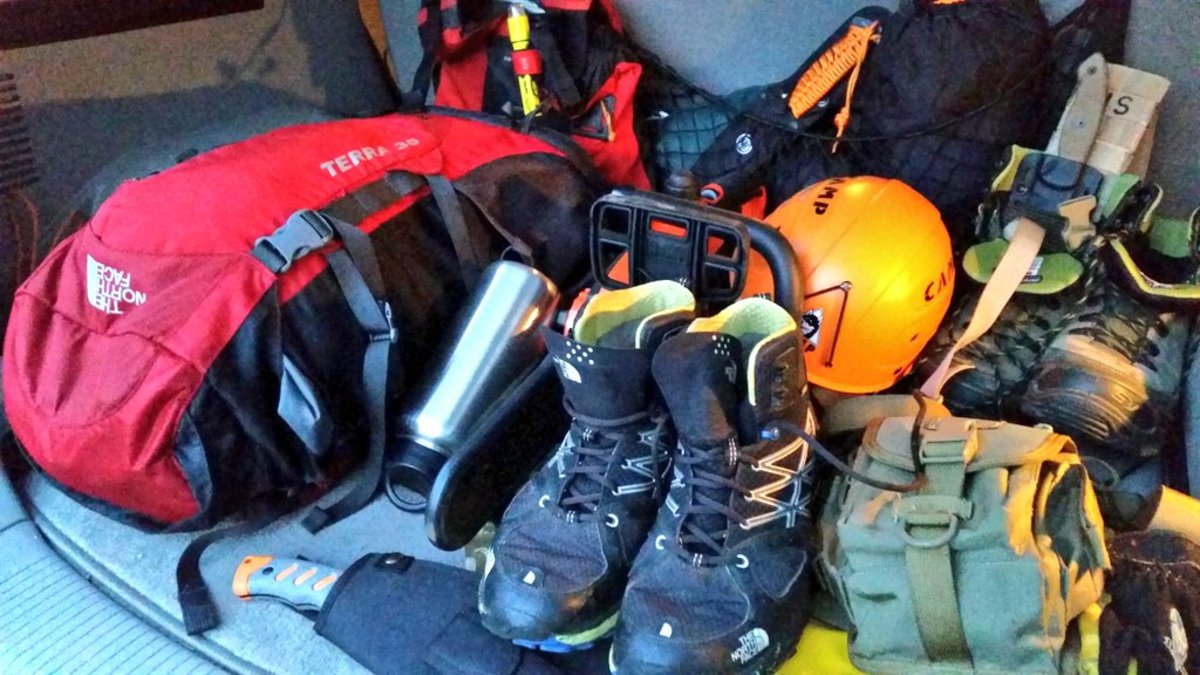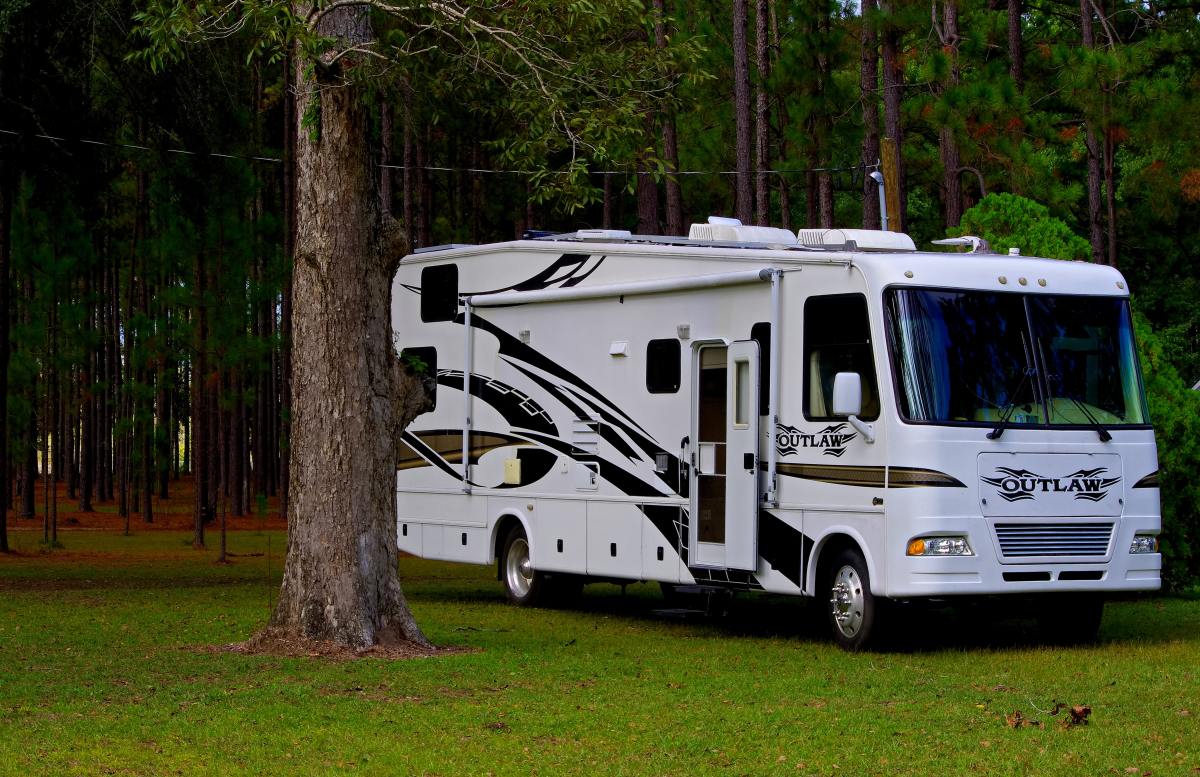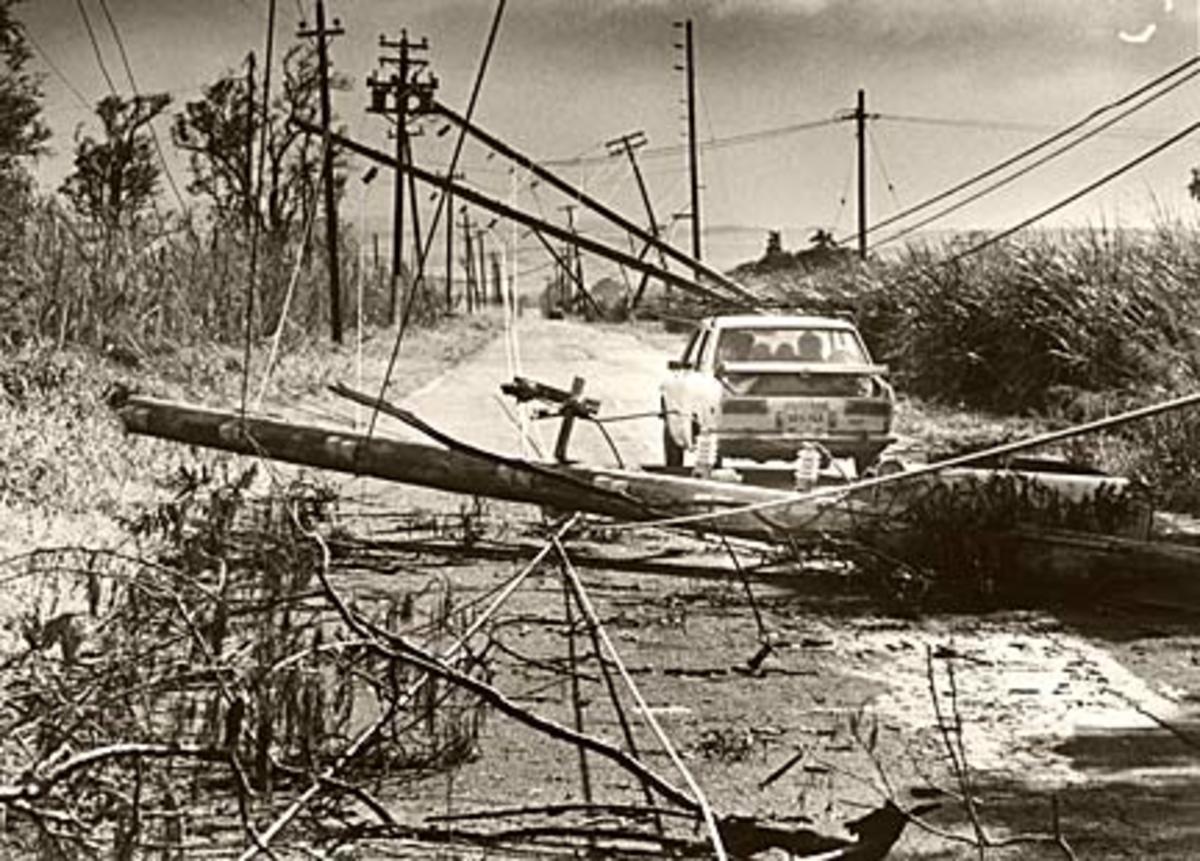September Is National Preparedness Month
In light of recent weather related natural disasters, such as hurricanes, flooding, and the upcoming anniversary of the September 11th terrorist attacks, the United States Government has announced that September is National Preparedness Month. The goal of National Preparedness Month is to encourage residents to recognize that in the event of a major disaster, relief may not be immediately available. Aid may not be available for hours, days, or even weeks, depending on the scale of the disaster.
National Preparedness Month aims to educate people on how they can better prepare themselves, rather than becoming a victim, due to lack of resources. The government set out the framework for preparedness: Get A Kit, Make A Plan, Be Informed. Lets take a look at what each step involves.
How Long Will You Be There?
While disruption from utilities could last anywhere from a couple hours to several weeks, it is suggested that your emergency kit contain supplies for at least three days. That means that when planning for water, food and batteries, make sure that you have adequate supply for all persons involved for at least three days. Hopefully by that time emergency personnel will be able to assist, even if utilities have not been restored.
Get A Kit
The first step that you should take is to create an emergency kit that will cover all members of your household. The items that should be included are as follows:
Water: Plan on at least one gallon of water, per person, per day. This serves for not only drinking, but sanitation as well.
To learn how to use the sun to purify drinking water, check out the inexpensive SODIS Method for Water Purification.
Food: Make sure that you have an adequate supply of food for each person that you expect to have with you.
Radio: A battery powered or crank powered radio to receive local news updates as well as NOAA weather updates in the even of a weather related disaster.
Flashlight: Have a flashlight or two available, plus adequate batteries for it and the radio.
First Aid Kit: If you don't have first aid training, consider taking a local class.
Signal Device: A whistle, air horn or signal mirror to signal emergency personnel.
Dust Mask: In case of airborne debris, plastic sheeting and duct tape can also be used to create a shelter that protects from most airborne debris.
Moist Towelettes, Garbage Bags and Plastic Ties: For personal sanitation.
Wrench or Pliers: To turn off utilities, a leaking gas line could be extremely dangerous.
Can Opener: Or any other devices that you need to prepare your meals.
Maps: Make sure you are familiar with your neighborhood and have a couple maps for your town/city in case you need to find alternate routes out.
Cell Phone: Cell phone reception may be hit or miss, but you should still have one with you, plus chargers and inverters as necessary to keep the phone charged.
Check www.ready.gov for additional items that you may want to have with you.

Make A Plan
The next step is to make an emergency plan. Once a disaster strikes, it is too late to have your family decide where they need to go, or how to get supplies. Your plan should already be in place, before you think you need it.
Start your plan by identifying a contact that is out of town. The person should be far enough away that in the event of a localized disaster, they will likely be unaffected. This will allow you to get away from the affected area. Make sure that you have the phone numbers for your contact available to all members of the family.
Find out about the emergency plans for your place of work, schools, etc. You will want to know how your workplace will deal with the emergency, as well as knowing how your school will handle releasing kids. They don't want every single parent rushing to the school to pick up their child, possibly creating a new emergency.
Make your plan for both leaving the area and staying where you live. Sometimes it might be safer to shelter at your home, rather than risk trying to get to your out of town contact. Pay attention to local media and emergency services when making the decision about whether to stay or to leave. Each situation could call for a different plan.
Be Informed
Along with the previously mentioned suggestions to check the emergency plans of your work and school, look into how your local government plans to respond. Many cities will offer suggestions to citizens on how to deal with local emergencies, especially if certain disasters are more likely in that area.
Be aware of what you are likely to encounter in your area. Areas along the Gulf Coast may tailor their plans towards events such as hurricanes. Residents of California may be more likely to encounter an earthquake, while residents of the central US may be more likely to experience a tornado. Where ever you live, learn what weather extremes are common or possible in your area.
Not all disasters are natural. In the event of a man made disaster, i.e. biological or chemical weapons, follow the directions of local emergency crews. Different forms of contaminants may have different methods of sanitation, and you don't necessarily want to mix up some of them.
Relax!
Hopefully with some of this advice and by checking out the link to ready.gov above, you will fill more relaxed in the event of a disaster. With proper planning and preparation, a natural or man made disaster can become more of an inconvenience. The more prepared you are, the less difficult such an event will be. Good luck with your preparations. Remember, September is National Preparedness Month, and if you prepare this month, you won't have to worry about it in October.








